20 Great Video Games That Didn't Sell Well at Launch
1-20
Gaming - June 6th 2025, 23:59 GMT+2
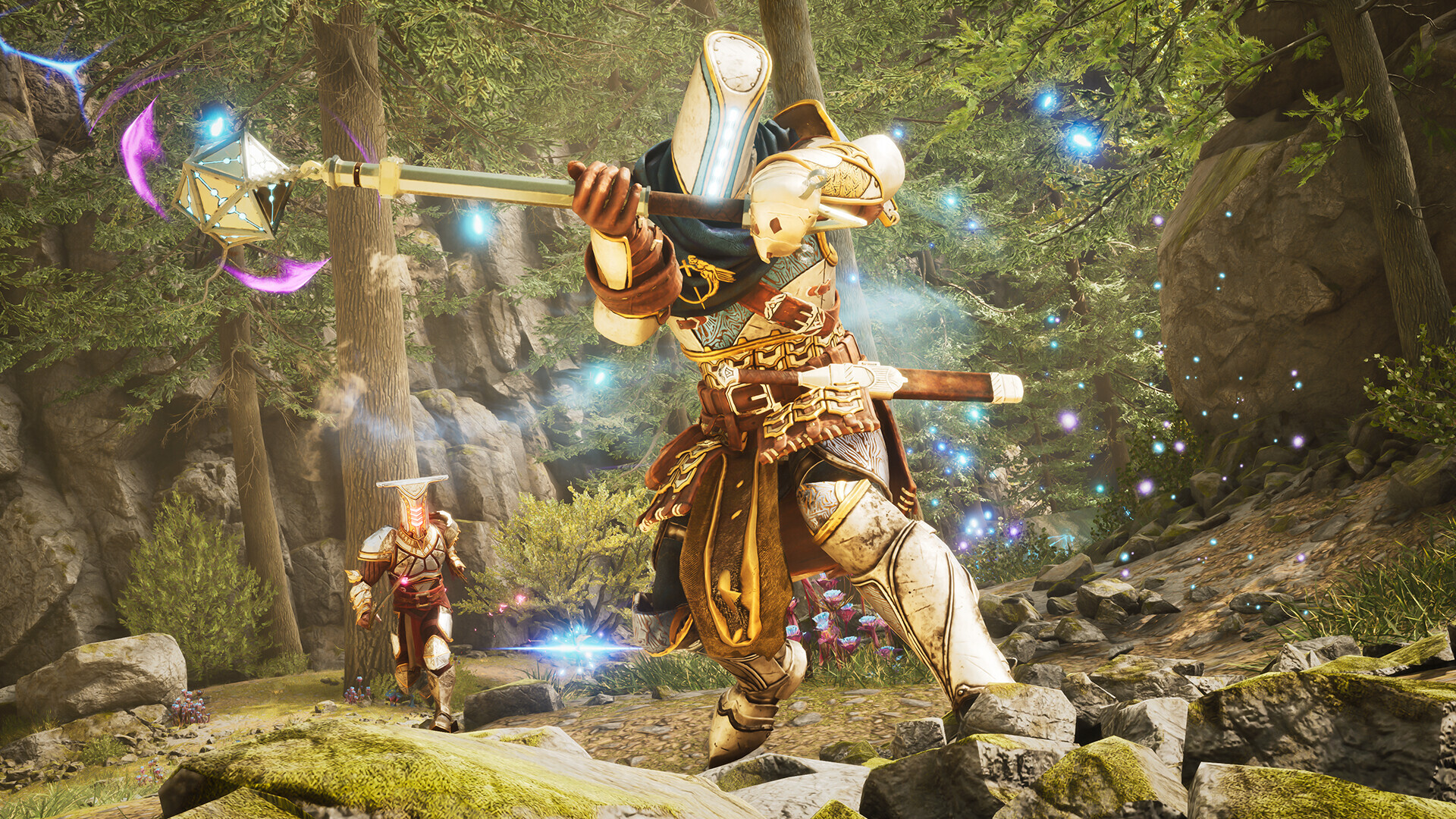
"Call of Duty, but make it magic"—that was the pitch, and honestly, it kind of worked. Immortals of Aveum delivered high-octane, spell-slinging combat in a flashy, Unreal Engine 5 world that screamed, “Triple-A ambition.” Unfortunately, it also screamed into a void. Despite solid gameplay, a unique magic-based FPS system, and a genuinely cool world, the game barely made a dent in the market. Timing didn’t help—it launched in a crowded year full of titans, and not enough people were ready to trade bullets for fireballs. But if you're craving bombastic action with a mystical twist, Aveum’s a hidden gem waiting for its resurrection spell. | © Ascendant Studios / Electronic Arts
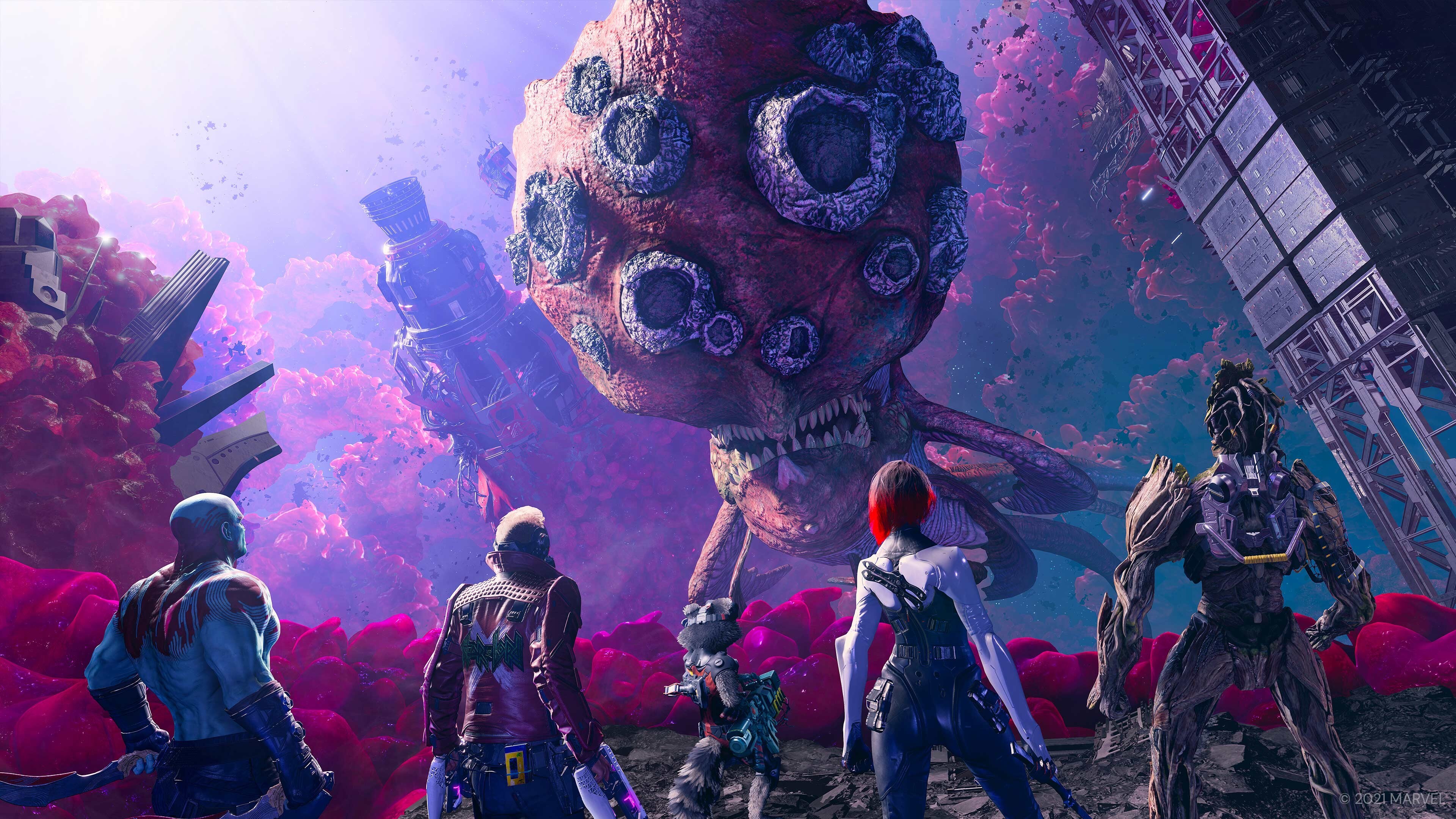
Let’s be real: after the mixed reception of Marvel’s Avengers, expectations for Guardians of the Galaxy were... underground. But surprise! This game turned out to be a charming, funny, and downright heartwarming ride through the cosmos. The single-player, narrative-driven approach gave it a unique flavor, and the banter? Chef’s kiss. Still, its sales didn’t match the Marvel name. Blame franchise fatigue, or just the general suspicion around licensed games, but this one deserved better. Fortunately, word of mouth is slowly helping it rocket to cult favorite status. | © Eidos-Montréal / Square Enix
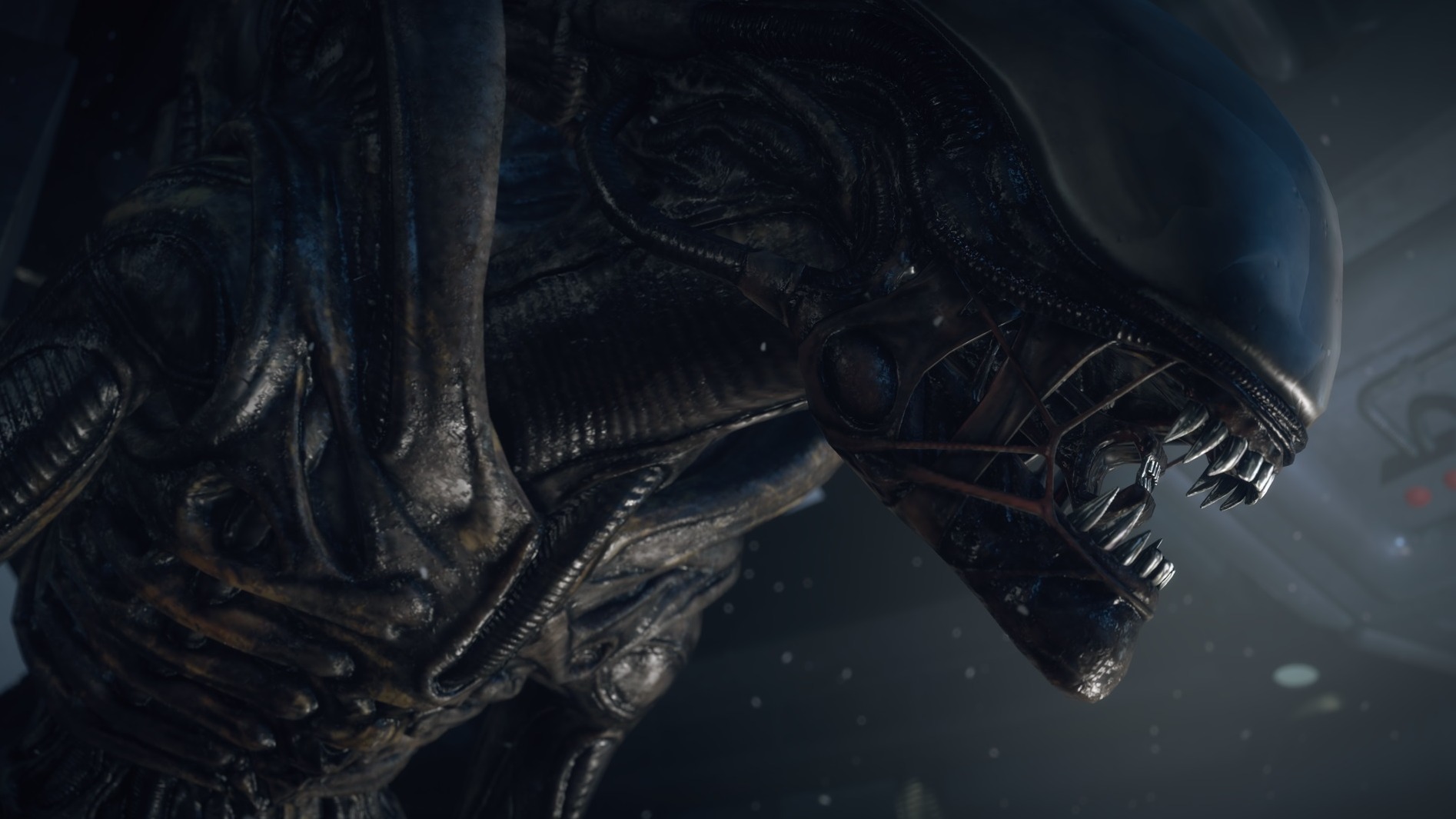
In space, no one can hear you scream... except your neighbors when you're hiding in a locker at 2 a.m. because the Xenomorph heard you sneeze. Alien: Isolation nailed the horror vibe like few others, delivering a suspenseful, nail-biting experience that honored the original 1979 film. But when it launched, players expected Aliens-style action, not a stealthy survival horror where running was often a death sentence. That mismatch in expectations may have doomed its commercial hopes, but horror fans and critics have since hailed it as one of the best licensed games ever made. | © Creative Assembly / SEGA
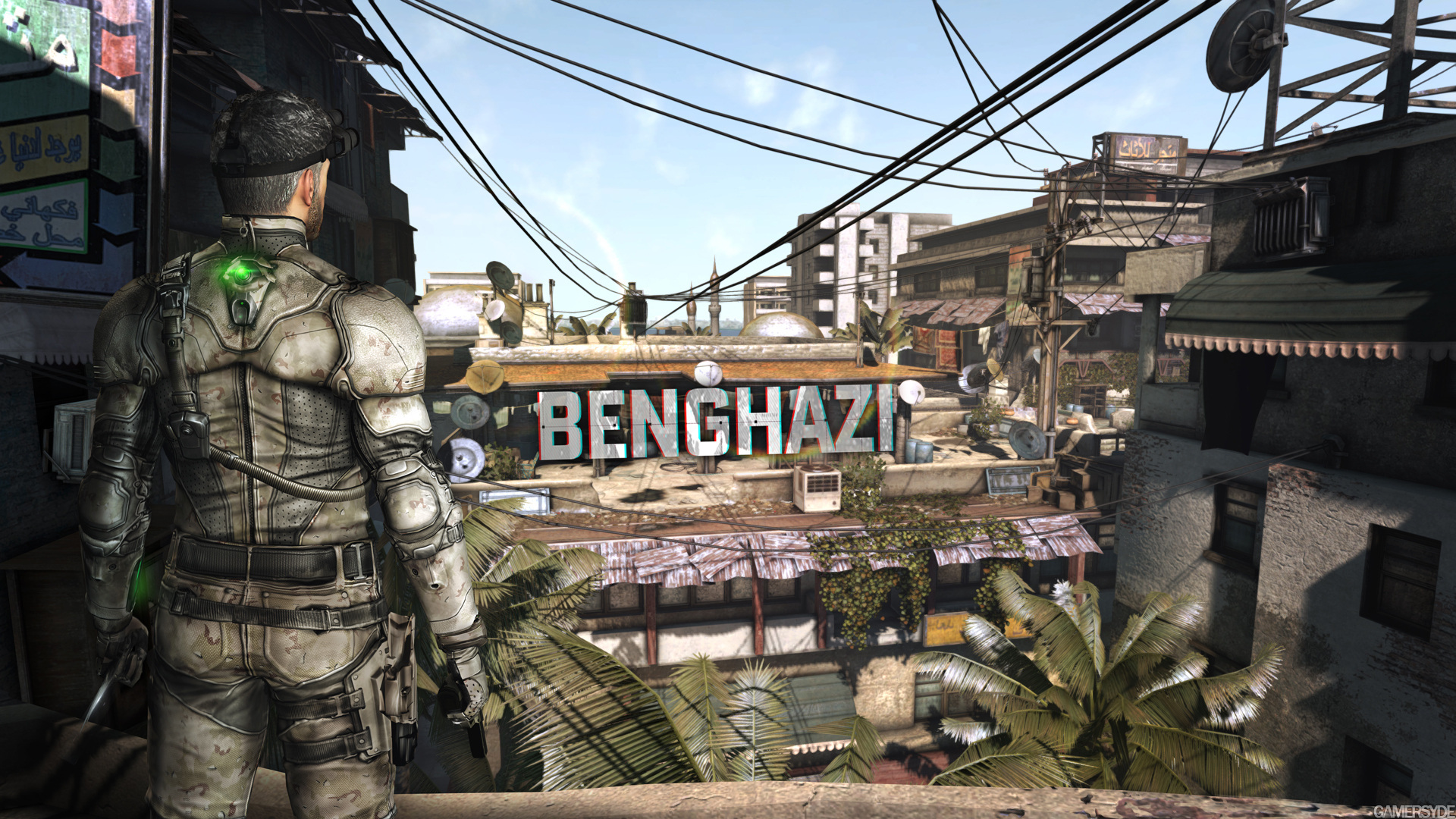
Sam Fisher came back with a vengeance but somehow gamers ghosted him. Splinter Cell: Blacklist had everything: slick stealth mechanics, smooth takedowns, night vision goggles (obviously), and a strong mix of classic sneaky gameplay with a modern edge. It even had co-op missions and a surprisingly decent story. Yet, it couldn’t escape the shadow of its own franchise legacy, or the industry's pivot toward more explosive, less tactical action games. It's a shame, because Blacklist is quietly one of the best in the series. | © Ubisoft Toronto / Ubisoft
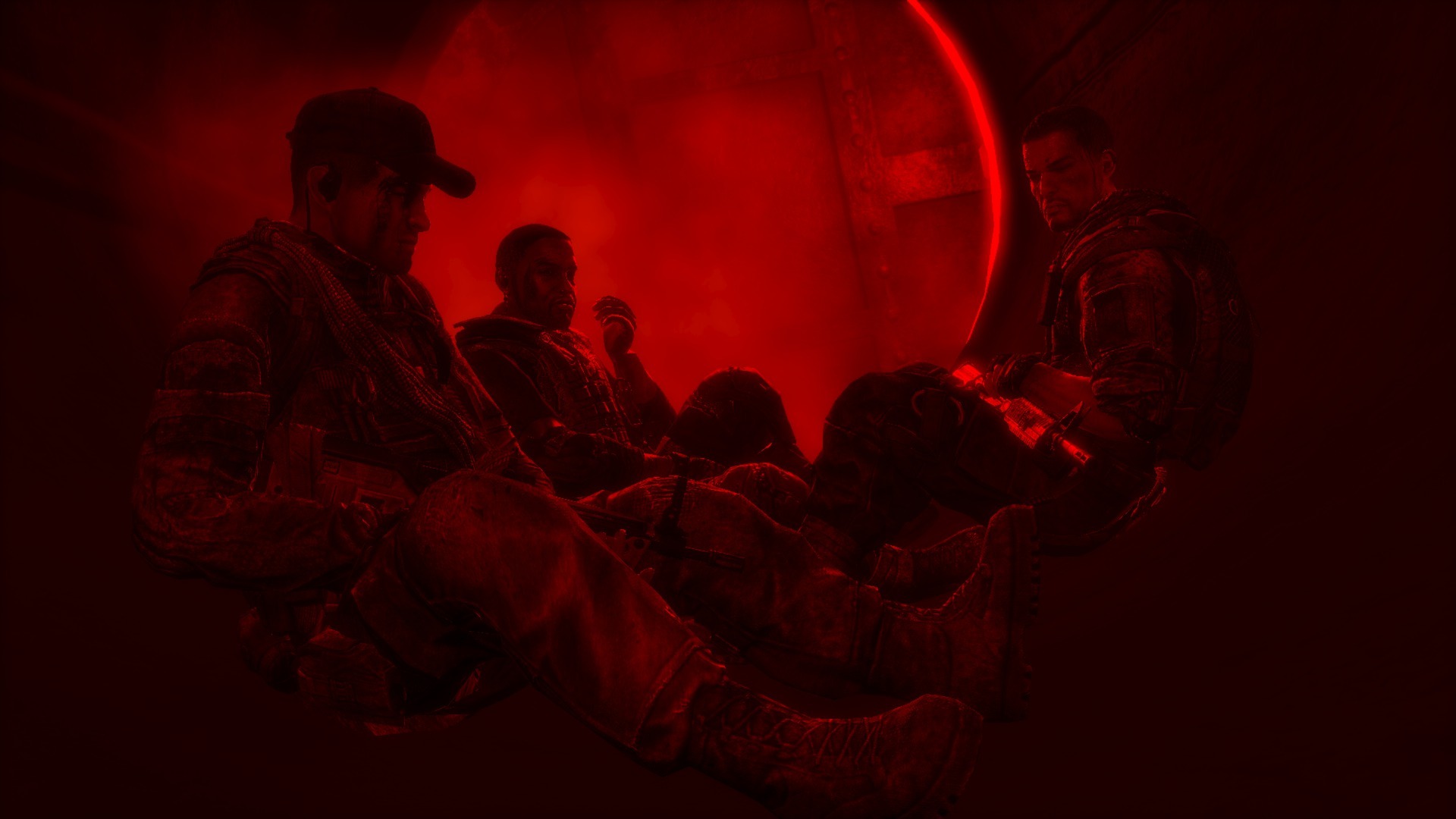
At first glance, Spec Ops: The Line looked like just another generic military shooter. Then it punched you in the soul. What started as a dusty cover-based combat game quickly morphed into a psychological descent inspired by Heart of Darkness. It asked players to question their actions, their motives, and their comfort with violence—all while delivering haunting imagery and unexpected narrative twists. Critics applauded it, but marketing couldn’t quite communicate “this shooter will make you sad,” and sales suffered. Today, it’s a cult classic—and a reminder that sometimes, games have something to say. | © Yager Development / 2K Games
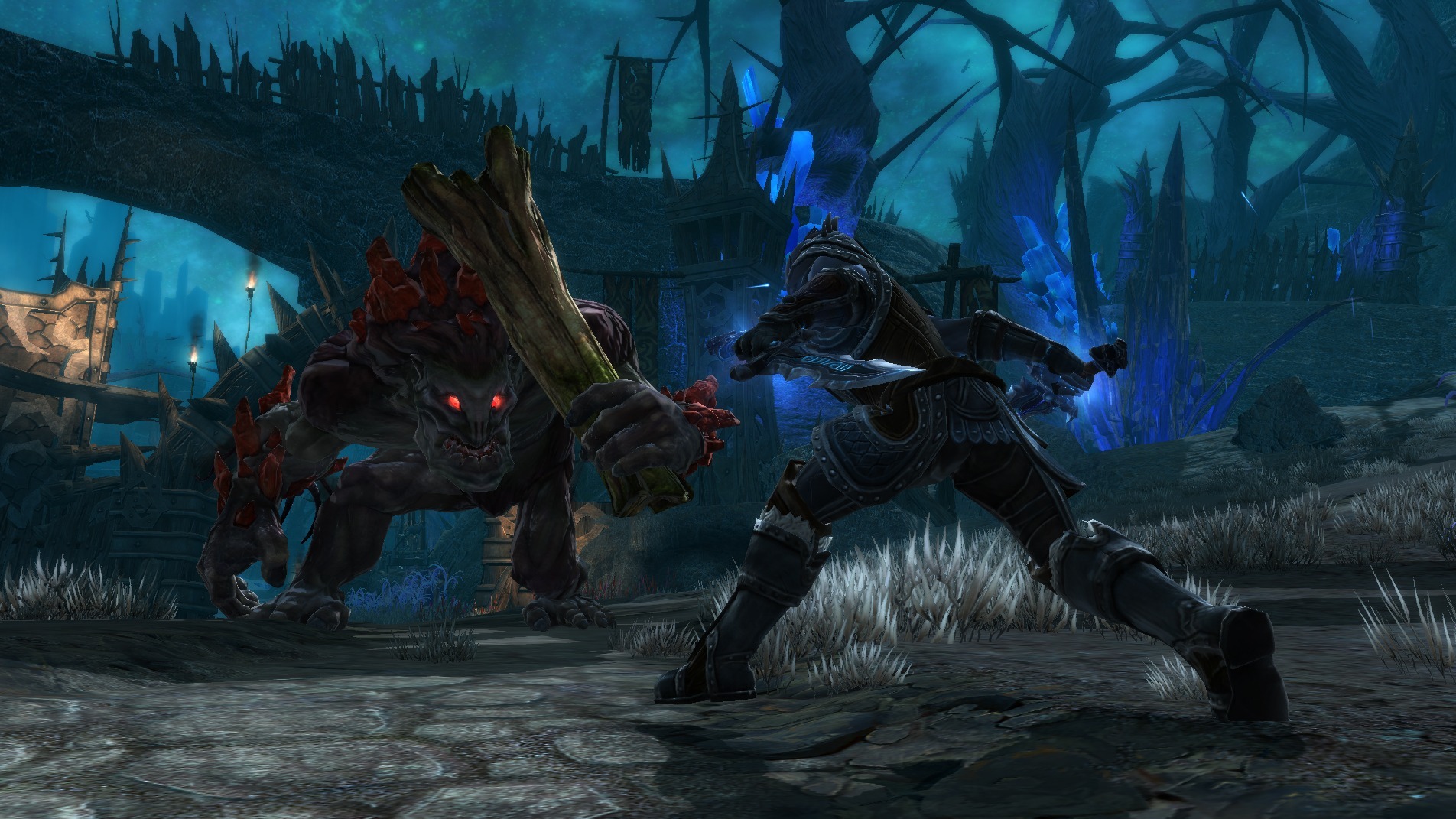
What happens when you mix open-world fantasy RPG goodness with combat that actually feels good? You get Kingdoms of Amalur: Reckoning—a game with ambition, lore, and loot for days. It had a rich world penned in part by fantasy author R.A. Salvatore, vibrant visuals, and combat that made swinging a sword or casting a spell feel genuinely satisfying. Unfortunately, it also had a cursed launch tied to financial and legal drama surrounding its studio. Despite selling decently, it needed a blockbuster performance to stay afloat—and didn’t quite get there. Still, it’s since been re-reckoned (literally) and rediscovered by fans hungry for a different kind of RPG. | © 38 Studios / Electronic Arts
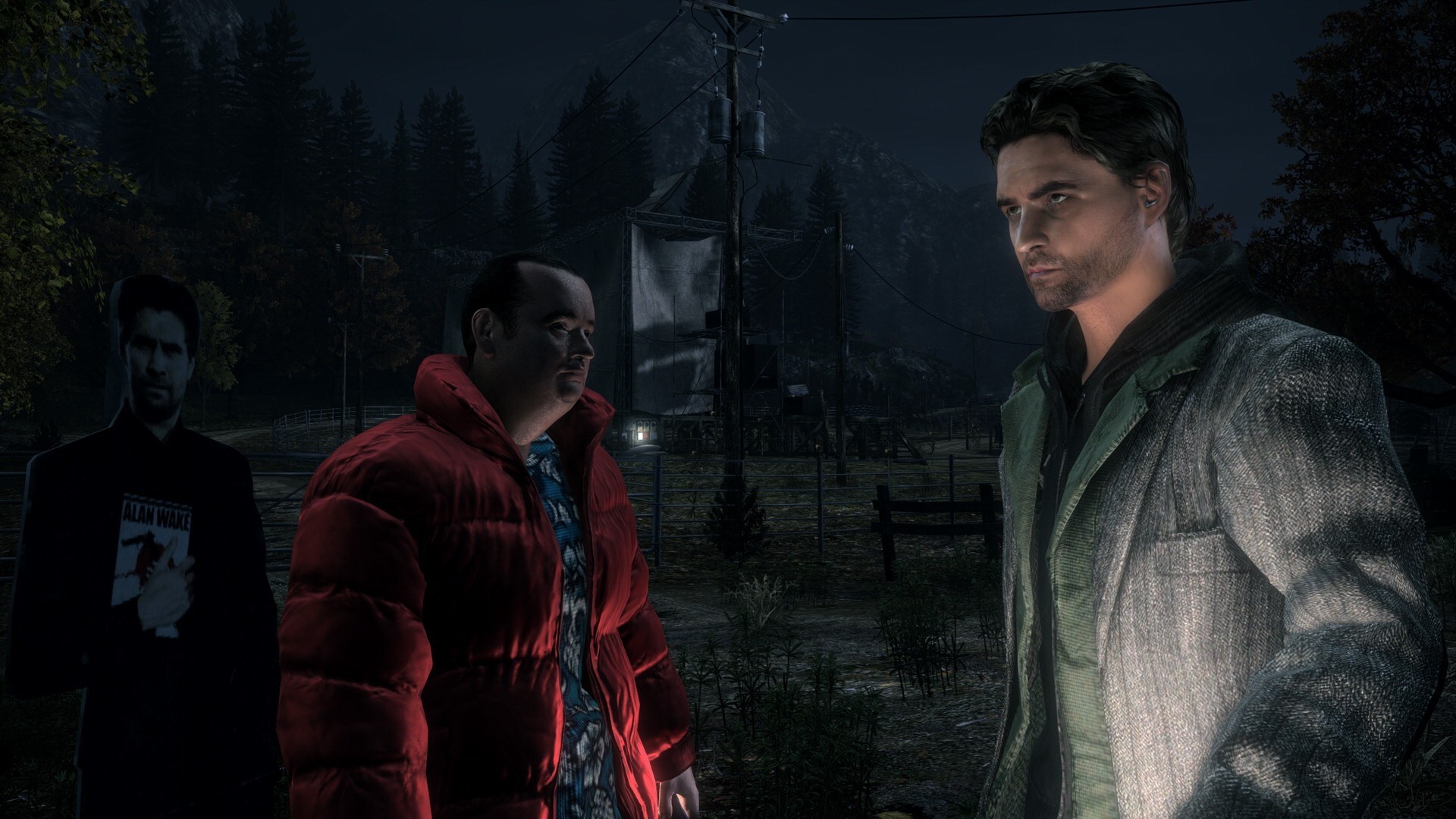
Imagine if Stephen King and David Lynch designed a video game, then wrapped it in the eerie fog of the Pacific Northwest. That’s Alan Wake—a psychological thriller where your flashlight is just as important as your gun. While critics praised its narrative ambition and haunting atmosphere, its sales didn’t quite light up the charts. Maybe it was too weird, too wordy, or just too different for its time. But over the years, it’s gained a loyal cult following and has even spawned sequels and remasters. So yes, Alan didn’t wake the market up in 2010, but he’s certainly haunting it now. | © Remedy Entertainment / Microsoft Game Studios
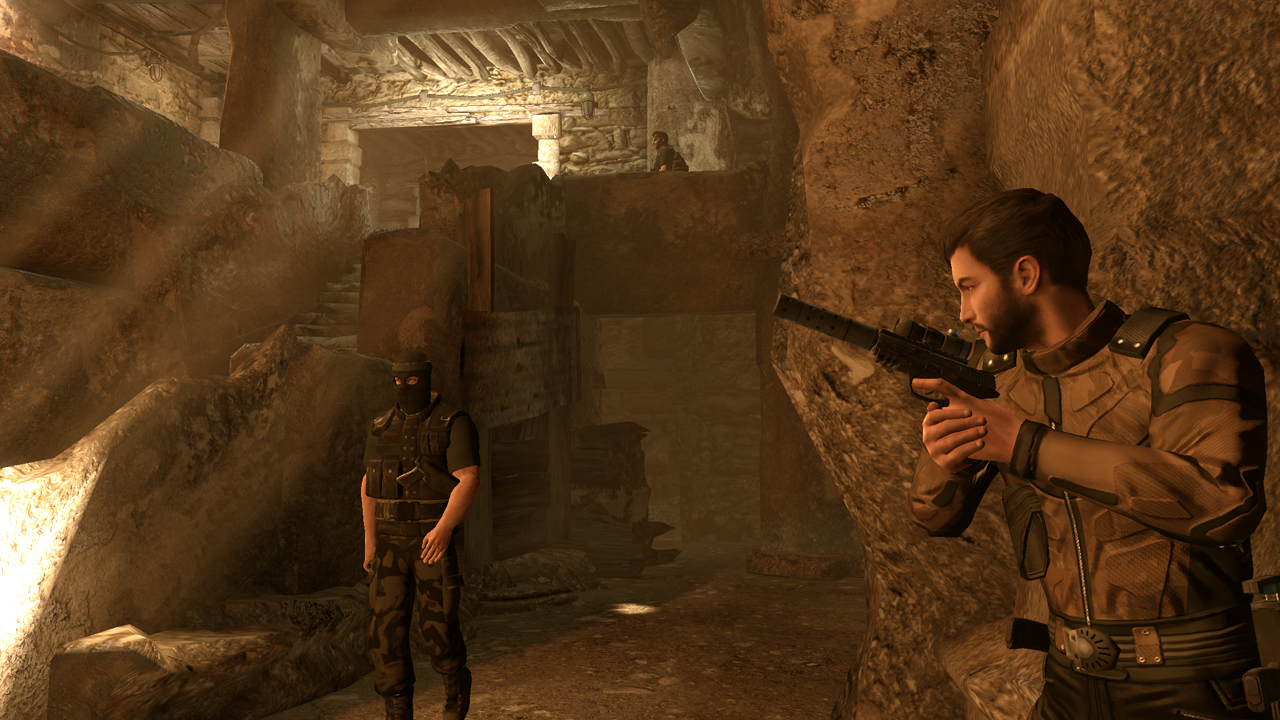
Alpha Protocol wanted to be “James Bond meets Mass Effect,” and to its credit, it kind of was—if Bond had anxiety and shot like a stormtrooper. Jokes aside, Obsidian built something fascinating here: a spy RPG where your choices genuinely mattered, relationships shaped your story, and no two playthroughs were exactly the same. Sadly, bugs, janky combat, and a lack of polish left first impressions more shaken than stirred. Sales were modest, reviews were mixed, but the concept? Years ahead of its time. In hindsight, it’s a diamond in the rough that deserved more love (and maybe a patch or two). | © Obsidian Entertainment / Sega
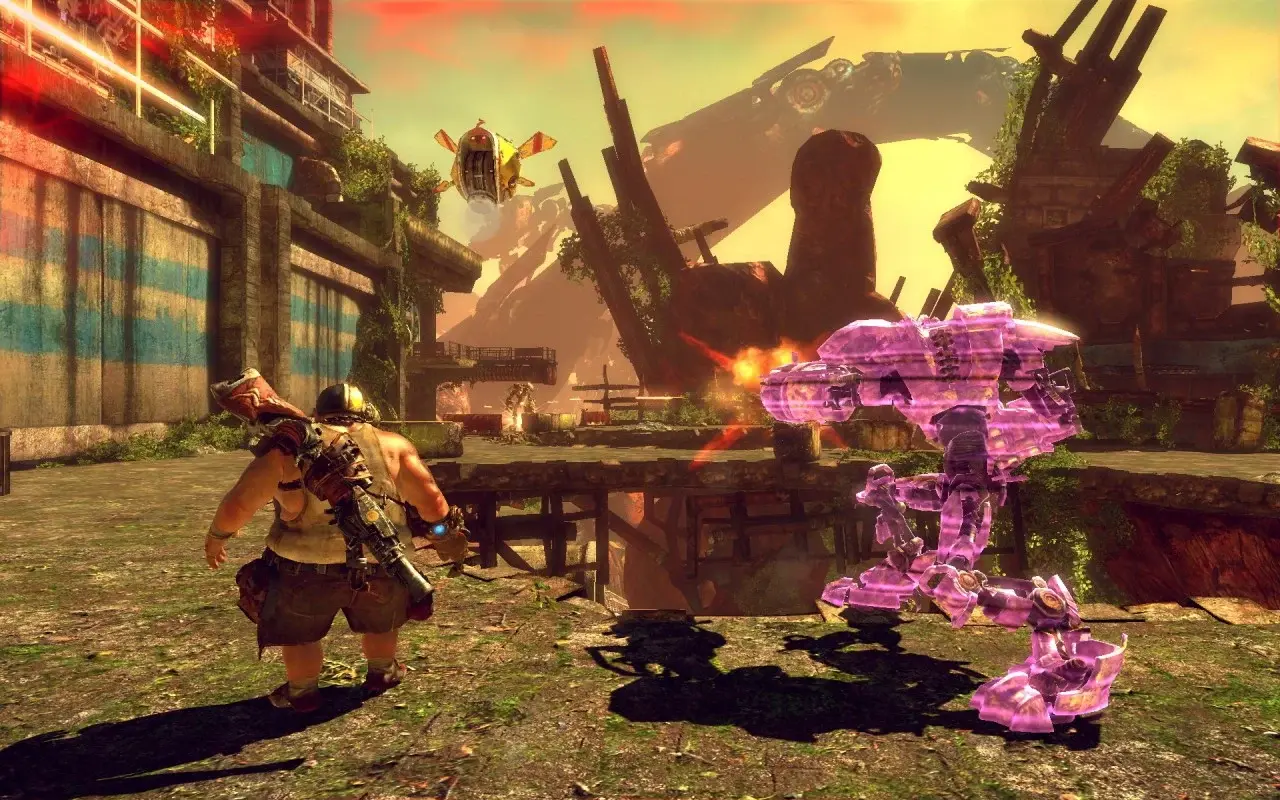
Take an ancient Chinese novel, toss it into a post-apocalyptic setting, add a gruff hero with heart, a sassy tech-savvy companion, and some lush Unreal Engine scenery, and you’ve got Enslaved: Odyssey Into The West. It was cinematic, heartfelt, and oddly touching—especially for a game that starts with a slave headband and robot spiders. While the storytelling and performances (especially from Andy Serkis) were top-notch, the marketing was... not. It slipped under the radar, under-shipped, and underperformed. But those who played it know: this journey was well worth the ride. | © Ninja Theory / Namco Bandai Games
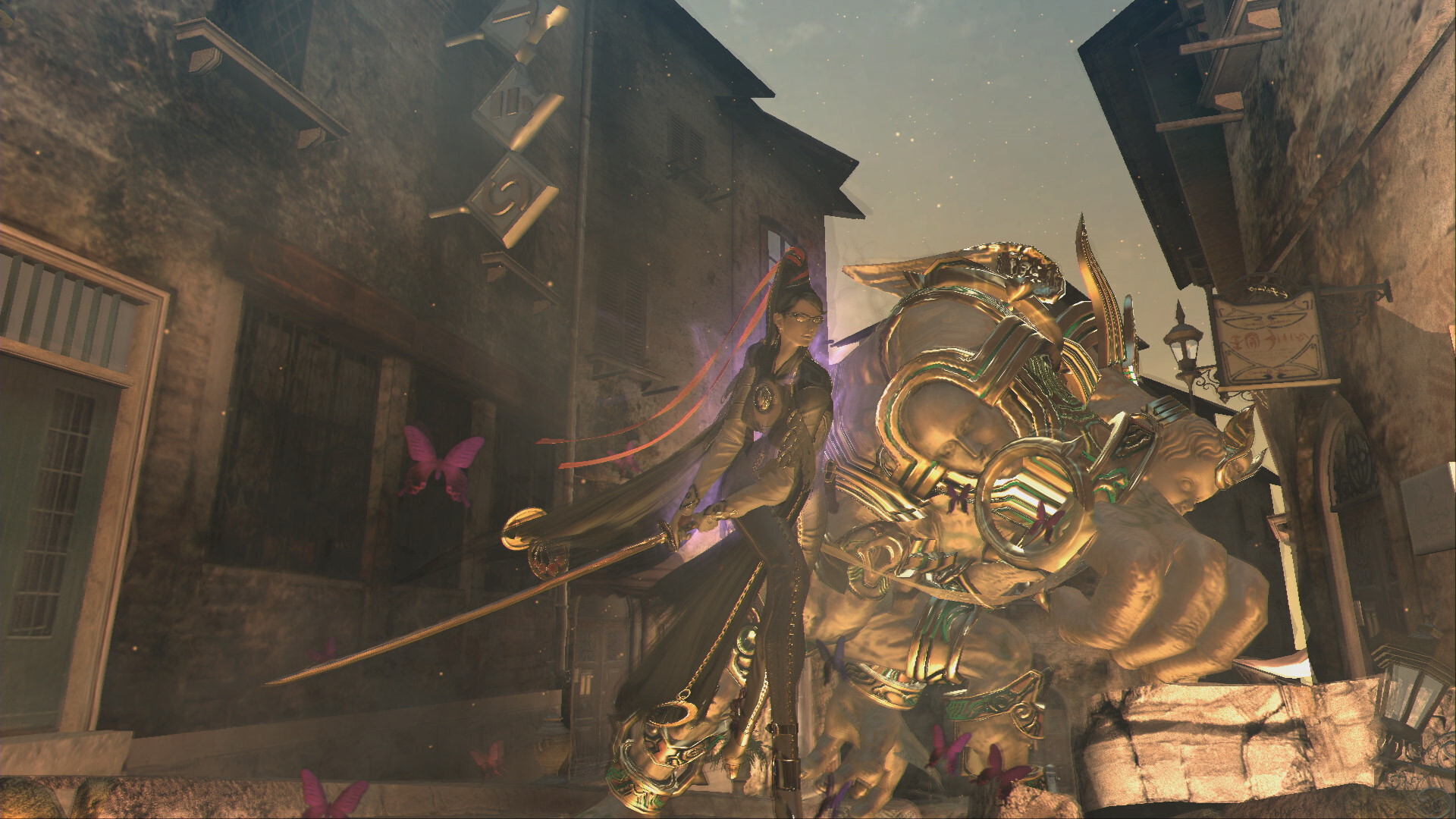
High heels that fire bullets, hair that transforms into demons, and action so stylish it makes your TV sweat—Bayonetta was (and still is) a lot. PlatinumGames unleashed a witchy whirlwind of fast-paced, over-the-top combat that redefined the action genre. But in 2009, this sassy spectacle was a bit too much for mainstream audiences, especially outside Japan. Sales lagged, despite critical acclaim and an instantly iconic protagonist. Thankfully, Bayonetta strutted her way into gamer hearts over time, eventually headlining sequels and Smash Bros. appearances. You can't keep a good witch down. | © PlatinumGames / Sega
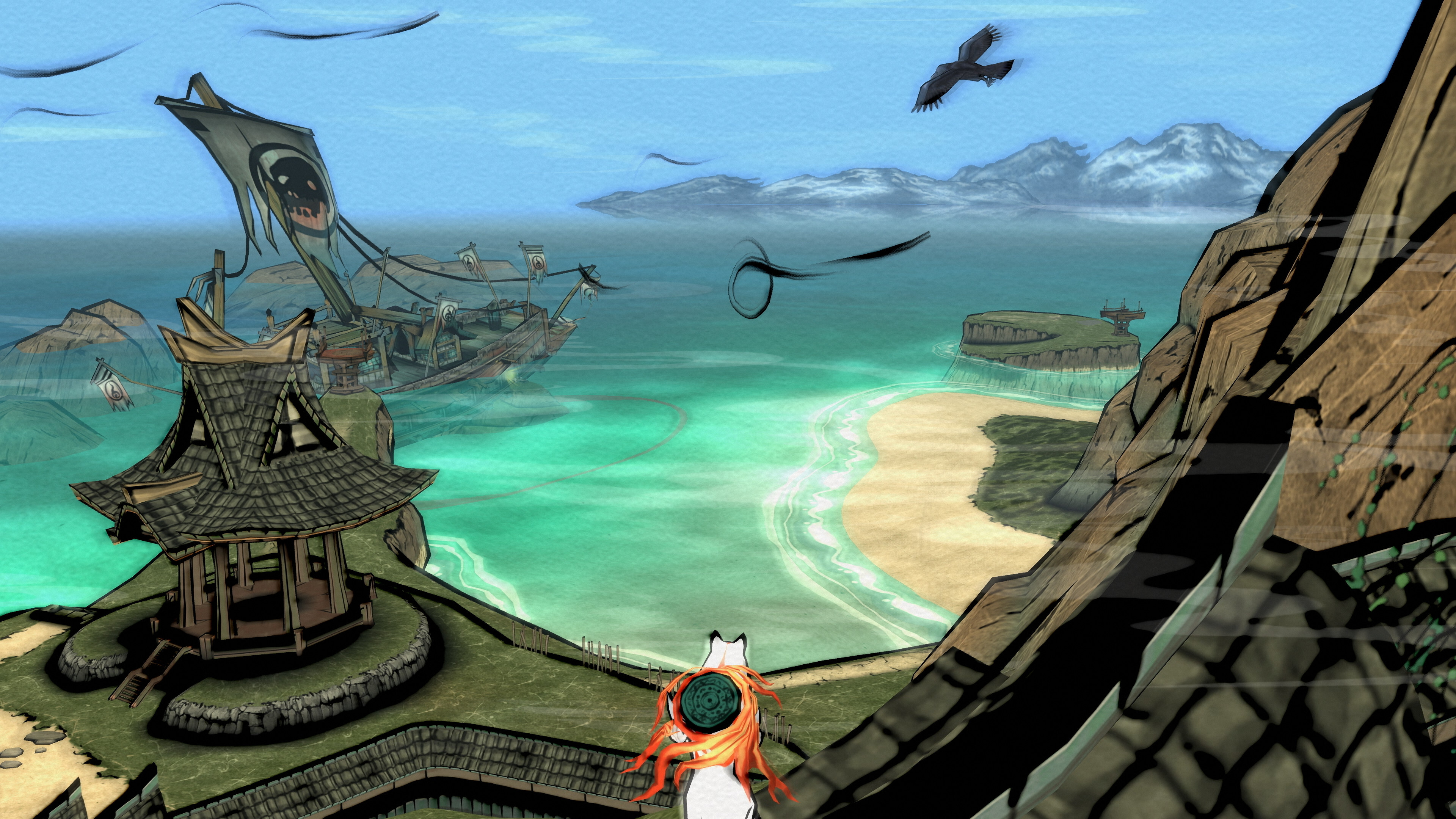
Okami is what happens when someone looks at The Legend of Zelda, then paints it—literally. This gorgeous action-adventure game stars Amaterasu, a sun goddess in wolf form, who restores life to a cursed world by painting on it with a celestial brush. Its watercolor art style is still jaw-dropping, and the soundtrack? Chef’s kiss. Critics loved it. But in the era of gritty browns and greys, this vibrant, painterly tale struggled to find a mainstream audience. It didn’t help that it launched near the end of the PS2's life cycle. Still, over time, Okami has become a cult masterpiece—deservedly so. | © Clover Studio / Capcom
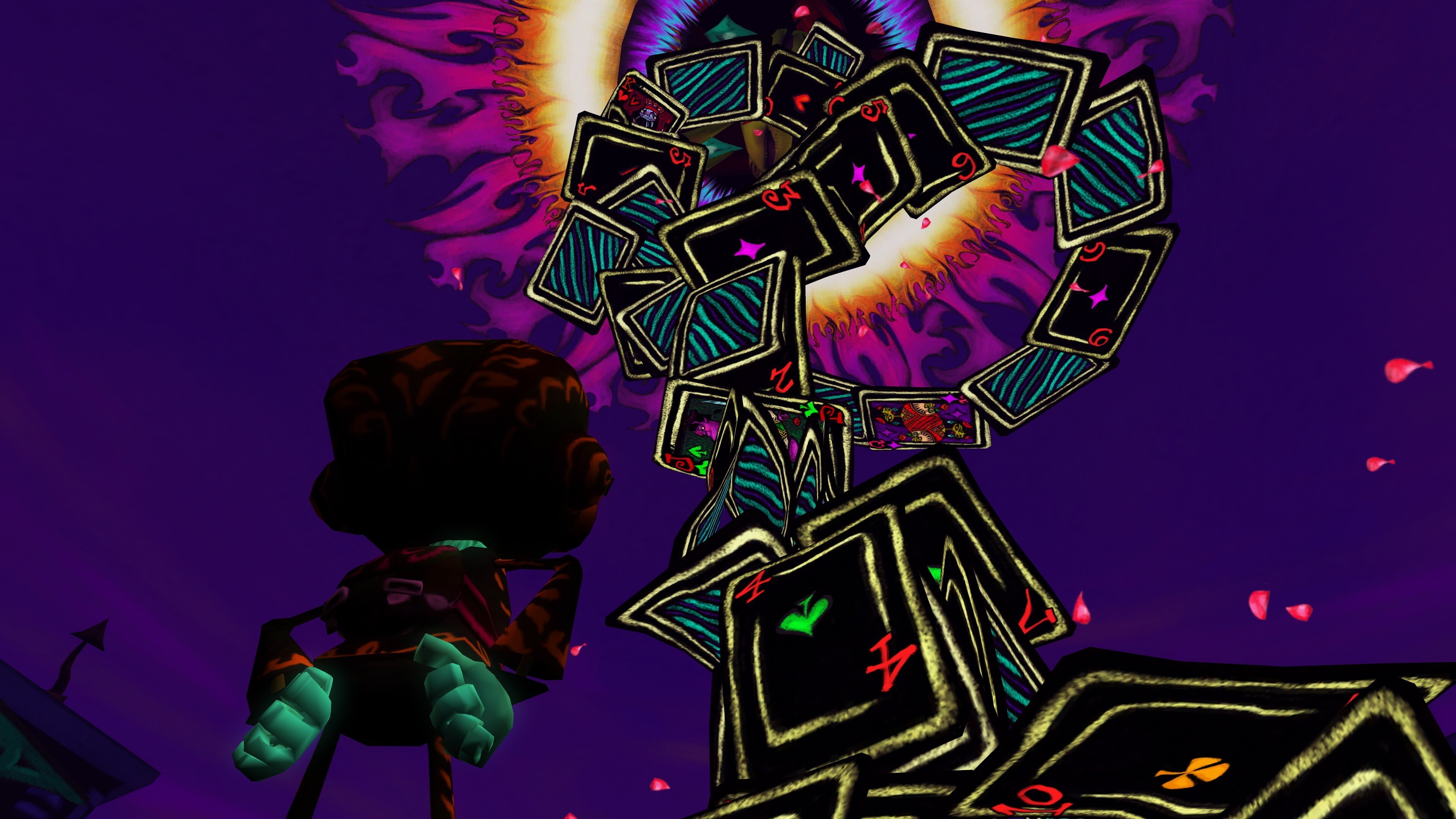
Psychic summer camp for weird kids with emotional baggage? Yes, please. Psychonauts is pure Double Fine magic—funny, clever, and just the right amount of bonkers. You play as Raz, a young psychic who dives into the minds of others, exploring dreamscapes that are equal parts brilliant and bizarre. Despite being critically adored and endlessly creative, the game just... didn’t sell. At all. Bad marketing and poor timing meant it nearly faded into obscurity—until the internet said “not on our watch.” Since then, it’s gained cult status, a sequel, and the respect it always deserved. | © Double Fine Productions / Majesco Entertainment
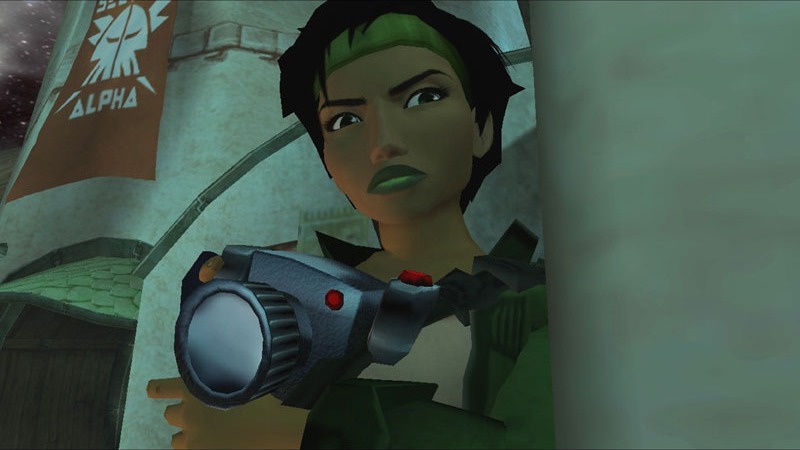
Take a photojournalist with a pig sidekick, toss in some alien conspiracies and hovercraft action, and you’ve got Beyond Good and Evil—a game way ahead of its time. Jade is one of gaming’s great unsung heroes, and her quest to uncover the truth across the beautifully designed world of Hillys mixed action, stealth, and photography into a genre-blending adventure. So naturally, it sold like lukewarm leftovers. Poor marketing and a crowded release window didn’t help, but those who did play it fell in love. Fans are still waiting (and waiting) for that sequel promised so many moons ago. | © Ubisoft Montpellier / Ubisoft
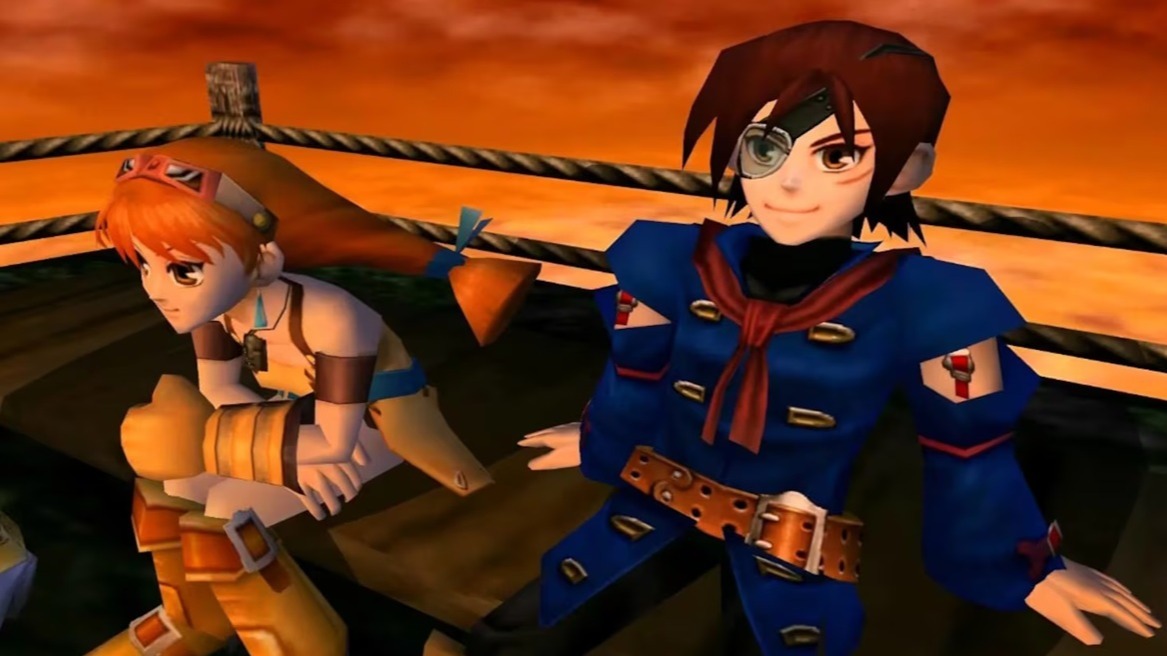
If your dream JRPG includes airships, sky pirates, turn-based combat, and a heroic spirit that never quits, Skies of Arcadia: Legends is your jam. Originally a Dreamcast title before getting a second life on the GameCube, it had charm, imagination, and world-building for days. But despite its heart, it didn’t exactly soar on the sales charts. Maybe it was the niche appeal, maybe the wrong console at the wrong time—either way, it slipped under too many radars. Which is tragic, because this one’s a classic just waiting for a modern remaster to give it the love it missed. | © Overworks / Sega
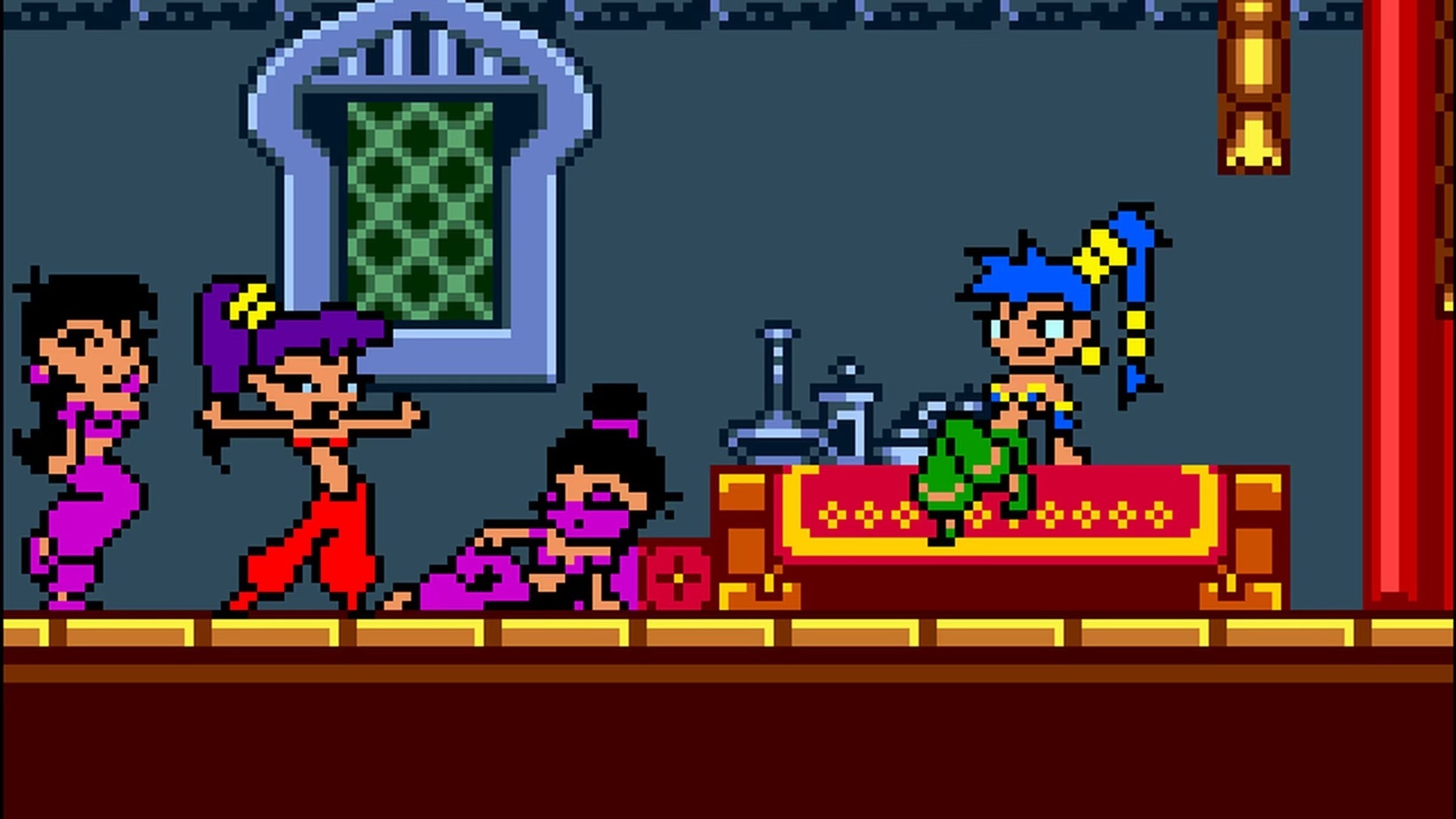
Released for the Game Boy Color long after most players had moved on to shinier handhelds, Shantae had every reason to flop—and technically, it did. But it wasn’t because of quality. This half-genie hero’s debut was a smart, stylish Metroidvania with fluid animation, great music, and clever mechanics. It was just late to the party. Distribution was limited, cartridges were rare, and hardly anyone noticed it back then. But like a true genie, Shantae granted herself a second (and third, and fourth) chance over the years, building a fanbase that’s kept her dancing ever since. | © WayForward Technologies / Capcom
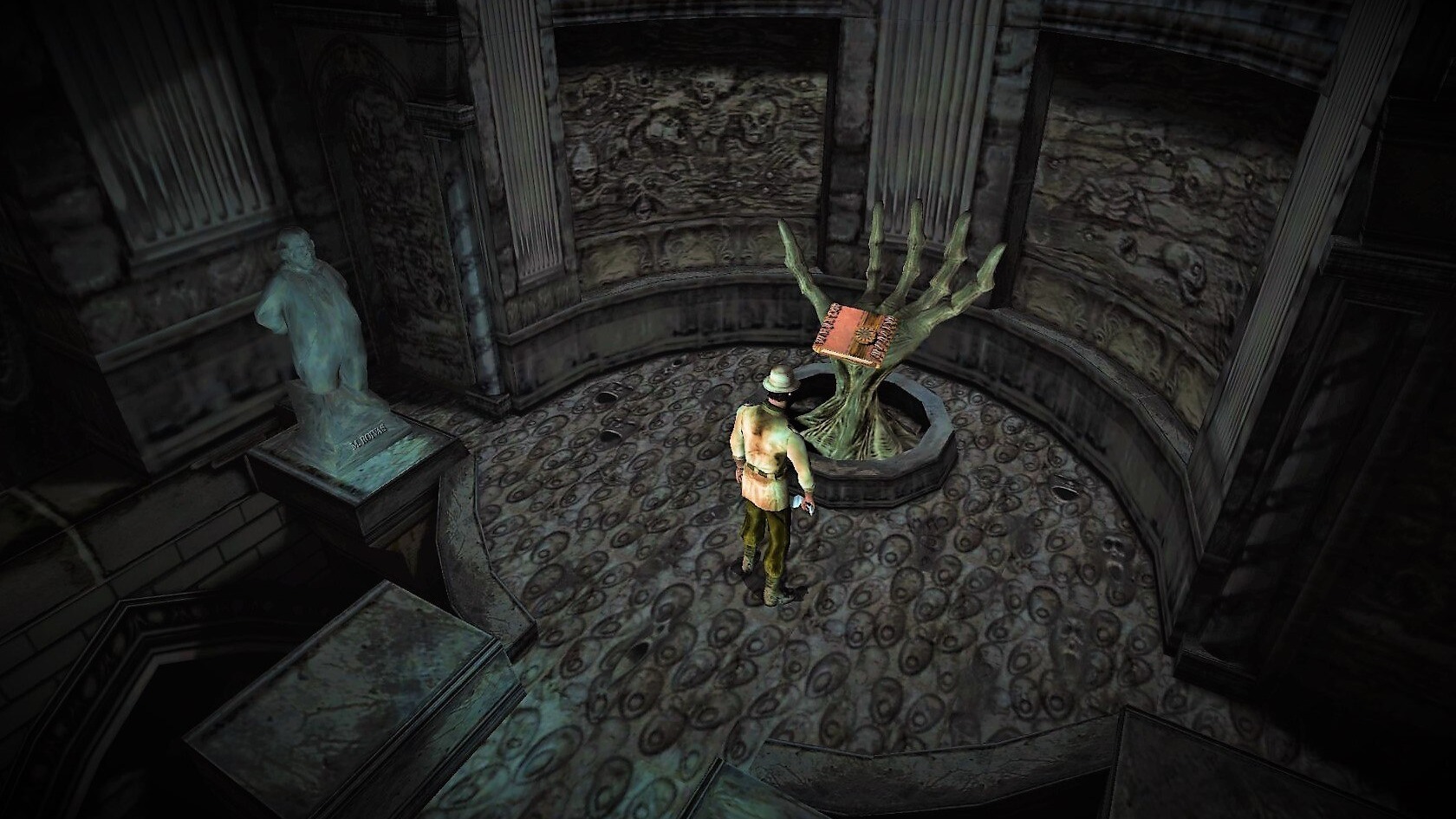
Nintendo published a psychological horror game with insanity effects that break the fourth wall—yes, that actually happened. Eternal Darkness was bold, bizarre, and totally unique. It didn’t just scare you with monsters; it scared you by pretending your save file was deleted or making your TV volume “malfunction.” It blended cosmic horror with historical fiction and served it all through a sanity system that was ahead of its time. Critics applauded it, but the game didn’t exactly fly off shelves. Maybe because it launched on the GameCube—home of Mario and Zelda—not exactly horror central. Still, this cult classic lives rent-free in the minds of those who dared to play it. | © Silicon Knights / Nintendo
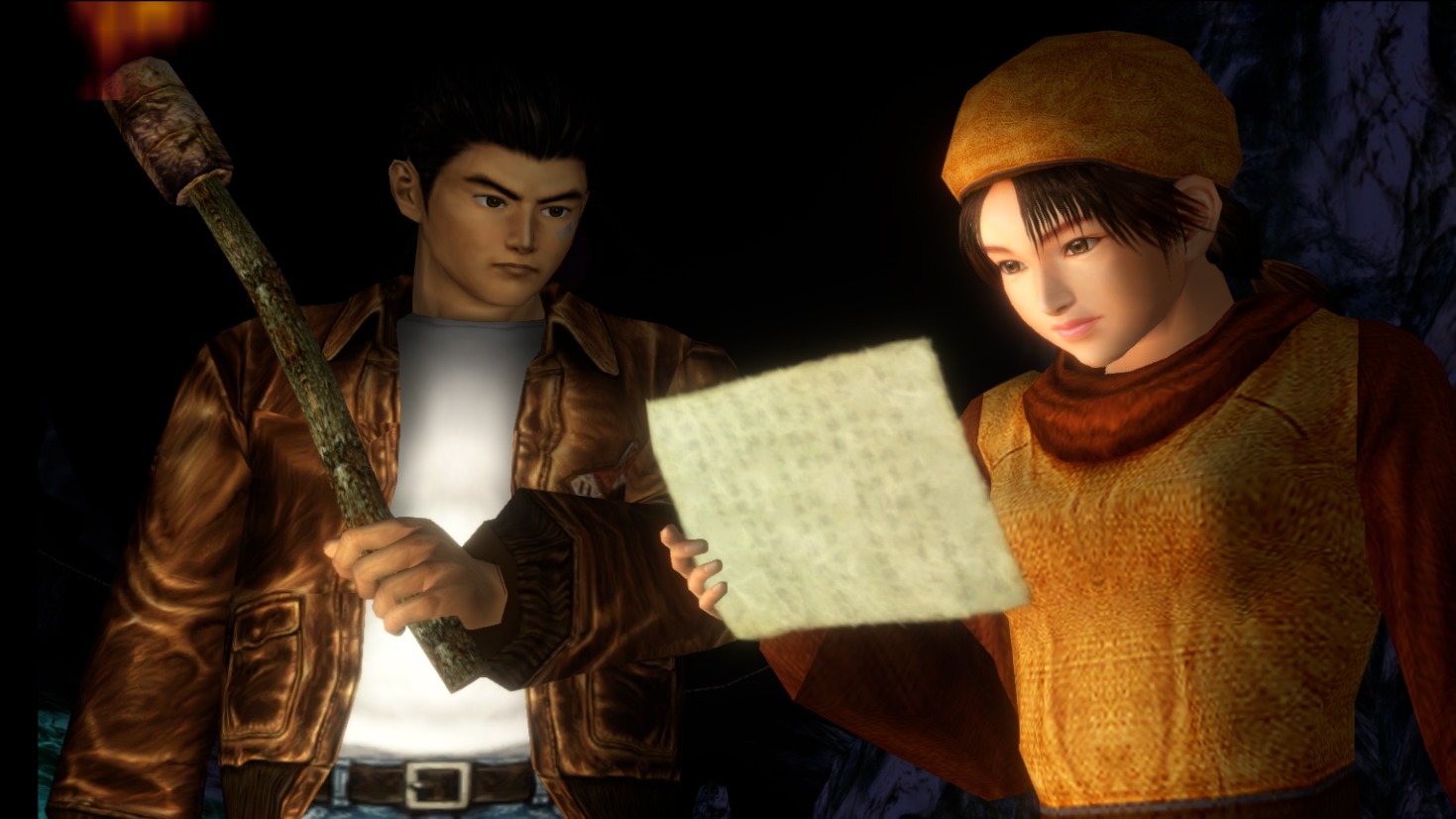
Shenmue was less a game and more a digital time capsule of a sleepy Japanese port town in the '80s—with a side of martial arts, of course. It introduced open-world exploration, day-night cycles, NPC schedules, and more Quick Time Events than you could shake a Dreamcast controller at. All that ambition came with a hefty price tag, and while it was revolutionary in scope, the sales didn’t justify the cost. It was too ahead of its time, too slow-paced for some, and maybe too fixated on capsule toys. But its legacy lives on, influencing everything from Yakuza to modern open-world design. | © SEGA AM2 / Sega
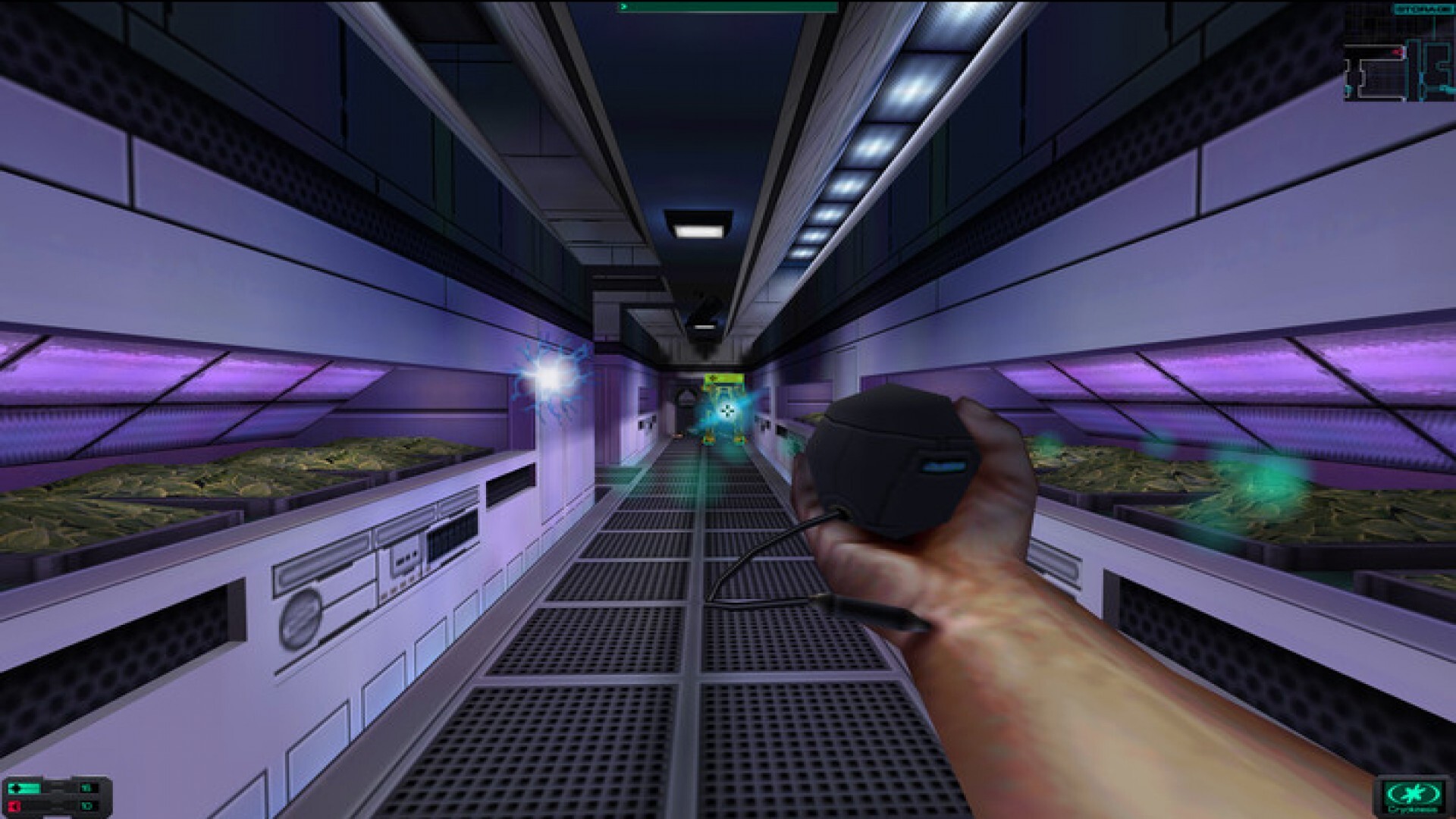
Before BioShock blew our minds, System Shock 2 was already doing it—except no one really noticed. This cyberpunk horror RPG had creepy atmosphere, deep customization, and SHODAN, one of gaming’s most iconic AI antagonists. It let you mix guns, hacking, and psychic powers while unraveling a space-horror mystery. But it was a little too nerdy, a little too complex, and came out during the golden age of “shooter with no thinking required.” It tanked commercially, but ask any game dev or immersive sim fan, and they’ll tell you: this one was a masterpiece long before it was cool. | © Irrational Games & Looking Glass Studios / Electronic Arts
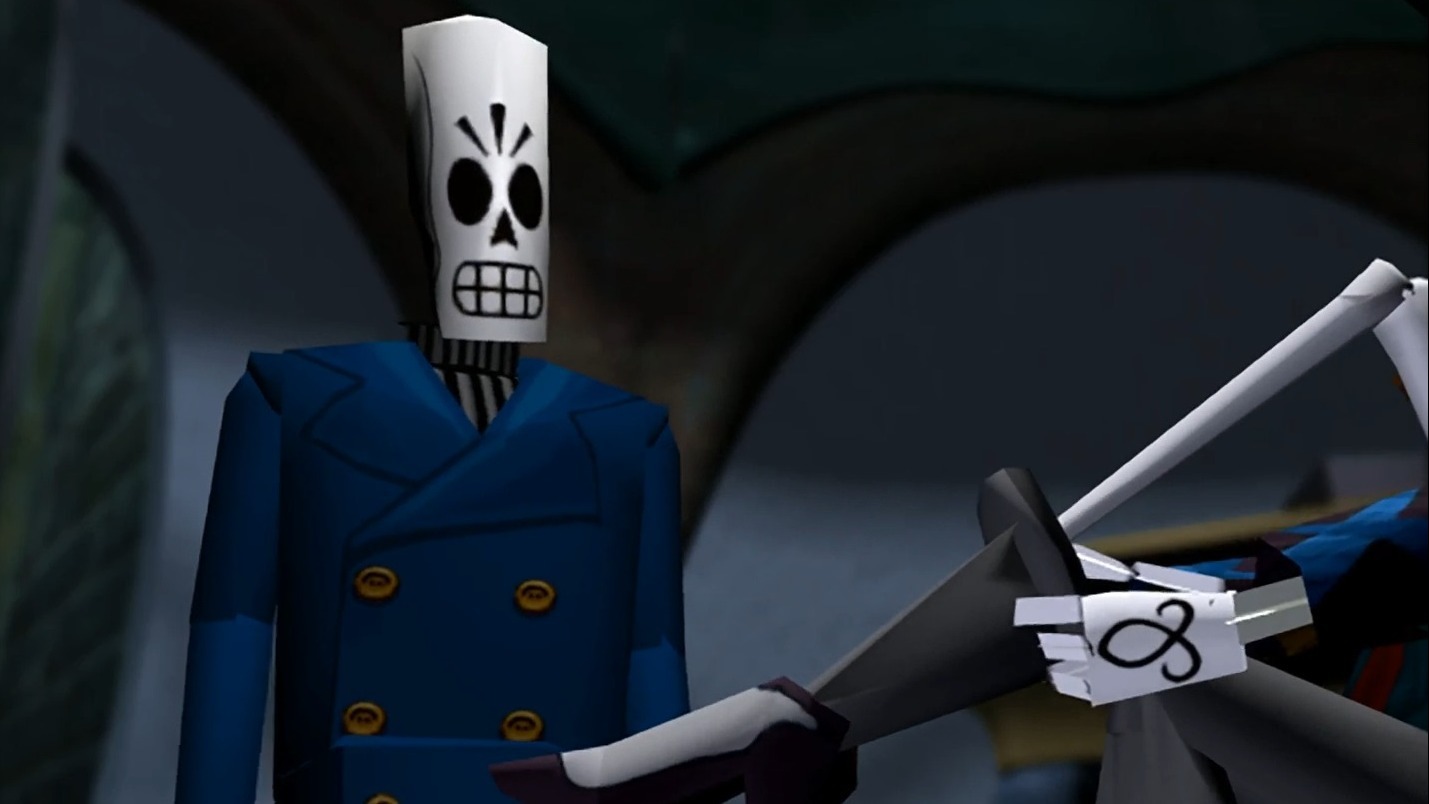
A noir mystery set in the Land of the Dead, starring a skeleton travel agent—yep, that’s Grim Fandango. This game oozed style, with its blend of Aztec mythology, film noir, and Tim Schafer’s razor-sharp wit. It was also one of the first 3D adventure games, which meant... clunky controls. And while critics raved, the market didn’t bite. Adventure games were fading fast by the late '90s, and this one slipped through the cracks. But it never really died (fitting, right?), and over the years, it’s been resurrected via remasters, retrospectives, and a whole lot of fan love. | © LucasArts
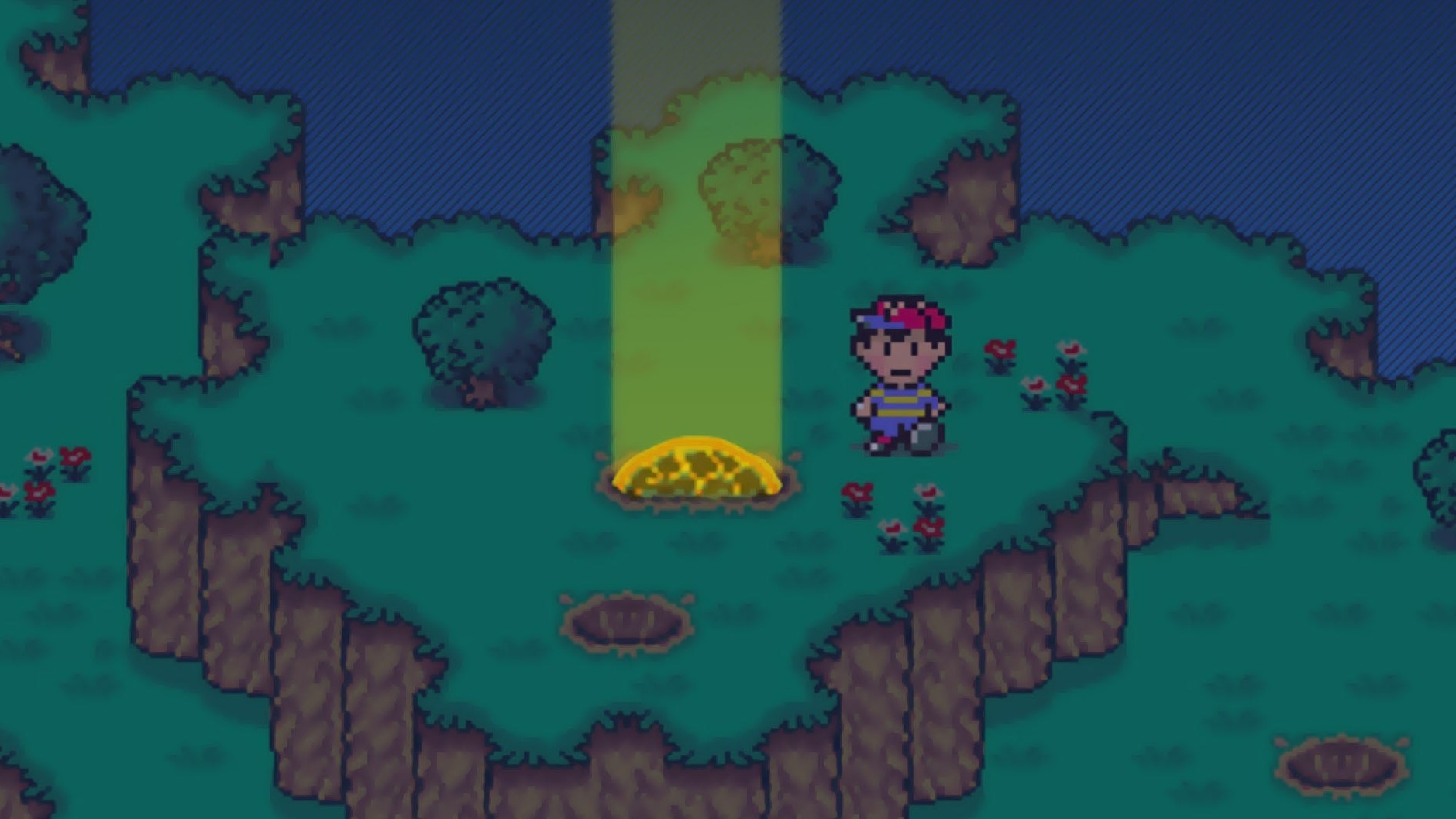
Ah yes, Earthbound—a quirky, heartwarming, occasionally gross RPG where you fight evil with yo-yos, psychic powers, and homesickness. It was weird before weird was cool. But back in 1994, it was a tough sell. The marketing was... let’s say “unique” (scratch-and-sniff ads, anyone?), and gamers weren’t ready for a modern-day RPG with a baseball-bat-wielding kid named Ness. It flopped in the U.S., but over time, Earthbound earned its cult status, becoming a beloved oddball classic and influencing countless games. It may have lost the battle at launch, but it definitely won the war. | © Ape Inc. & HAL Laboratory
1-20
Not every great video game finds success right away. Some titles are critically acclaimed, beloved by fans, and even considered masterpieces—yet they struggle commercially during their initial release. Whether due to poor marketing, bad timing, or simply being ahead of their time, these games didn’t get the recognition they deserved when they hit store shelves.
In this article, we highlight 20 amazing video games that underperformed at launch but have since earned cult status, critical reappraisal, or a loyal fanbase. If you're looking for underrated gems or hidden classics that slipped through the cracks, this list is for you.
Not every great video game finds success right away. Some titles are critically acclaimed, beloved by fans, and even considered masterpieces—yet they struggle commercially during their initial release. Whether due to poor marketing, bad timing, or simply being ahead of their time, these games didn’t get the recognition they deserved when they hit store shelves.
In this article, we highlight 20 amazing video games that underperformed at launch but have since earned cult status, critical reappraisal, or a loyal fanbase. If you're looking for underrated gems or hidden classics that slipped through the cracks, this list is for you.












